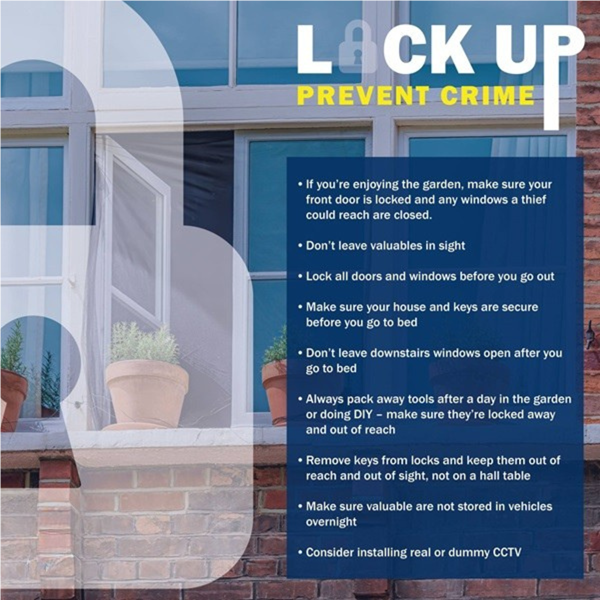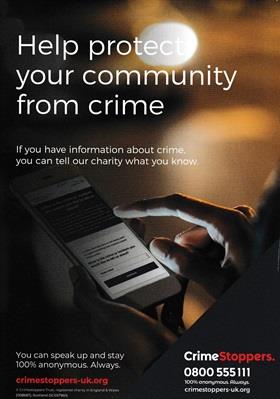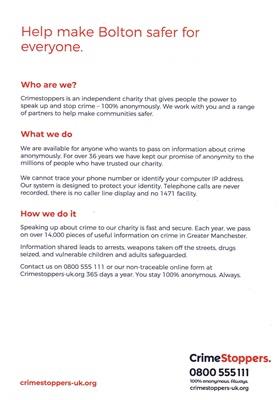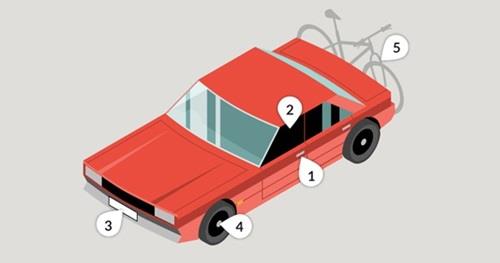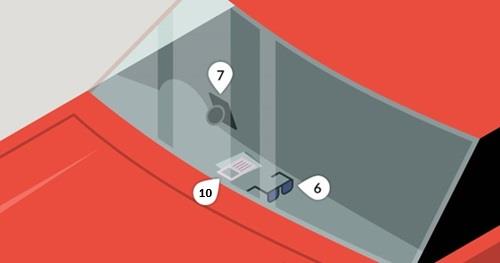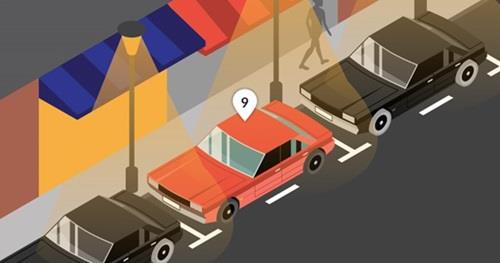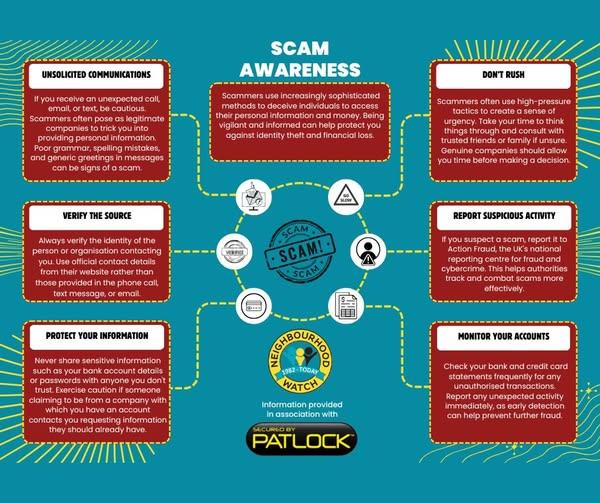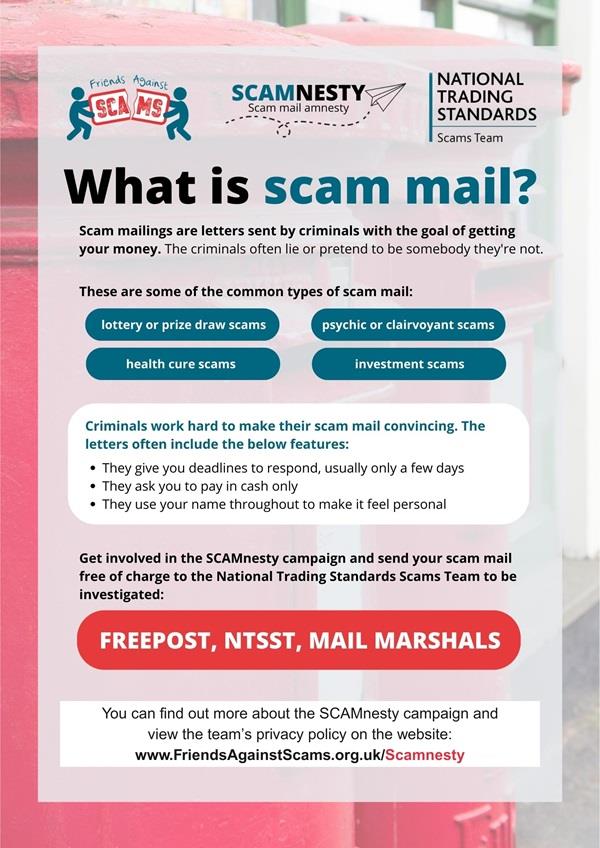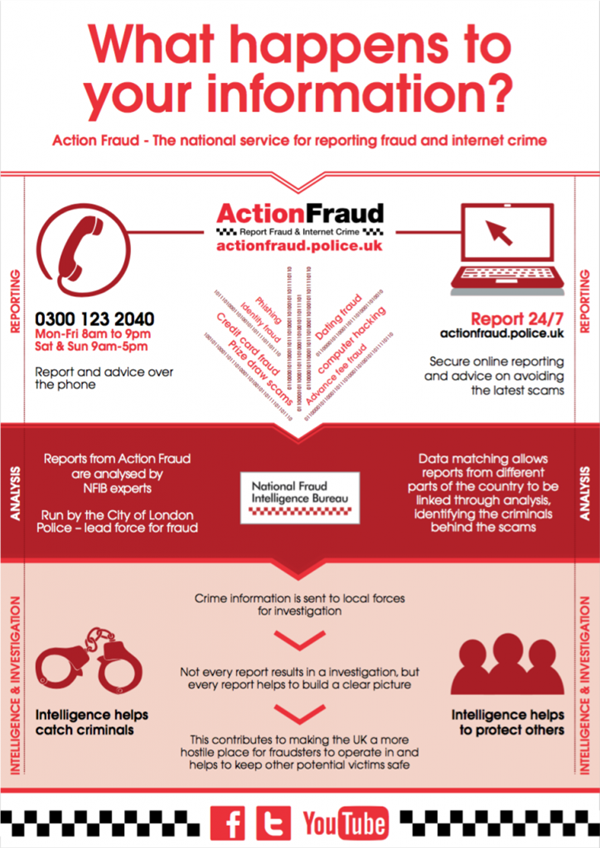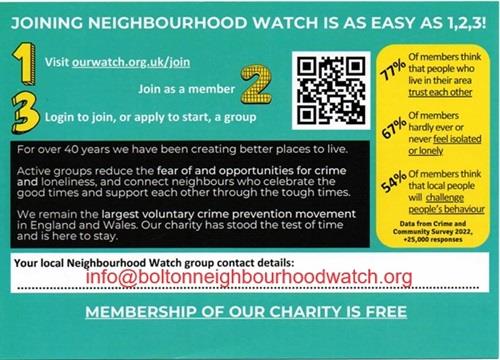|
||||||||||||||||||||
|
||||||||||||||||||||
|
|
||||||||||||||||||||
We have some top tips to help keep you and your home safe this summer and deter potential burglars. During the hot weather people understandably like to have their windows and doors open, however this can make a home more vulnerable to intruders. Here’s some advice to keep in mind during warmer weather:
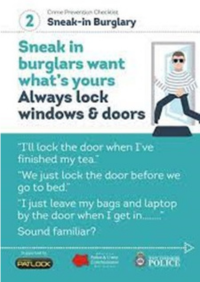 Our website offers further crime prevention advice:
Having your car broken into and losing your things to thieves can be very distressing. Here are a few simple steps you can take to keep your vehicle, and what’s in it, safe.
1. Always lock it Fuelling up or popping back into your house to get something are perfect examples of how easy it is to turn your back for a moment and forget your vehicle is unsecured. So get into the habit of locking your vehicle even if you’re only going to be away from it for a moment. If your vehicle has wing mirrors that fold in automatically when locked, make sure you lock it properly. Criminal gangs are looking for vehicles like these where the wing mirrors are still out because it is clear to them that the vehicle has been left unlocked. 2. Close windows and the sun roof to prevent ‘fishing’ Leaving windows and the sunroof open invites fishing for items through the gap by hand or with, say, a bent coat hanger, which could also be used to unlock a door for them to get in. Thieves can be ingenious. Don’t give them the opportunity. 3. Secure your number plates with tamper-resistant screws The easiest way to change the identity of a stolen vehicle or avoid speeding tickets and parking tickets is to fit stolen number plates. Using security screws to attach your vehicle’s number plates makes it harder for thieves to get your number. 4. Fit locking, anti-tamper wheel nuts to secure alloy wheels Stolen wheels are valuable, either as parts or for their scrap value. Using locking wheel nuts reduces the risk of your vehicle’s wheels being stolen. 5. Secure anything that’s on the outside of your vehicle Anything left on roof-racks, tailgate racks, holiday top boxes or in tool chests are easily stolen when the vehicle is parked. The use of cable locks, padlocks and self-locking tools chests, which are secured to the vehicle, makes them more secure, but still, don’t leave things in them if you can avoid it. For further information and advice, visit Sold Secure.
6. Take it with you or hide it Your mobile phone, coins for the car park, sunglasses, packs of medication or other items that can earn quick cash are irresistible to the opportunist thief. Remember, the cost of replacing a window is often much more than that of what’s stolen. And it should go without saying that wallets, handbags, purses and credit cards should never be left in an unattended vehicle. 7. Hide electrical items and leave no clues Leaving sat nav mounts, suction cup marks on windows or cables on view gives it away that you have left a Sat Nav, smartphone or other device in your car. Even if they can’t see the Sat Nav or iPad they might still break in to see if it’s stored in the car, out of sight. 8. Tool theft from vans Vans are often targeted by thieves for the tools stored inside. If you have to leave tools in a van overnight, it's a good idea to mark them clearly with your name / company name and address using paint pens and seal with a clear lacquer spray. Alternatively, you can use a variety of other property marking systems. Items that are clearly marked are less desirable and more difficult to sell on. Consider using a lockable cabinet within your van to store tools – a number of security rated products are available. Small cameras are also designed to record inside vehicles. Visit Secured by Design for more details. You can also take photographs of items of value, make a note of the serial numbers and consider registering them online at the property register site Immobilise
9. Park in well-lit and busier areas It can take less than 30 seconds to break into a vehicle. Parking in well-lit areas and busy streets increases the chances of a thief being seen, so they’ll probably steer clear. 10. Take your documents with you Having a vehicle’s registration and insurance documents could let a thief pretend to be the owner. Which means they could sell it on quite easily. So, never leave any documents in the vehicle. 11. Choose your car park wisely If possible, always try to park in well-lit and staffed car parks or those with a Park Mark safer parking award. To find one, simply check out Park Mark. 12. Catalytic converter theft The precious metal in catalytic converters has led to an increase in their theft. Find out what catalytic converter theft is and what you can do about it.
 Reporting suspicious emails: If you have received an email which you’re not quite sure about, you can report it by forwarding the email to the Suspicious Email Reporting Service at: report@phishing.gov.uk Reporting suspicious text messages: You can report suspicious text messages to your mobile network provider, for free, by forwarding the text to 7726. If you forward a text, your provider can investigate the origin of the text and take action, if found to be malicious. If 7726 doesn’t work, you can find out how to report a text message by contacting your provider. (On many Android devices and iPhones, pressing and holding on the message bubble should present the option to forward the message)
| ||||||||||||||||||||
Attachments | ||||||||||||||||||||
Reply to this message | ||||||||||||||||||||
|
||||||||||||||||||||
|
|
|



